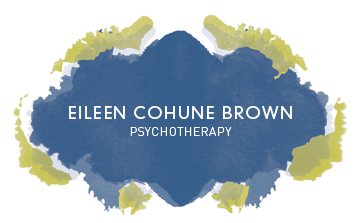Don't Peak in Middle School (or High) School
According to a study written about on NPR today, scientists are now joining the chorus of parents, teachers and therapists who have long advised kids against pursuing popularity. The study from the University of Virginia's Joseph Allen, followed popular kids for ten years, from the ages of 12-22. What he found was that at the age of 22, the cool kids had a 45% higher rate of alcohol or drug-related problems, a higher rate of interaction with the criminal justice system, and were perceived by their peers as less socially mature or competent. The authors were careful to say that popularity is not always predictive of troubles later, and of course, people can always change.
Now, if you have a pre-teen or teen in your house, you are likely dealing with this dynamic in one way or another. If your child is "cool," they are probably more likely to be on the roller coaster of social highs and lows - one day they're in, the next day they're out. If your child is not one of the cool kids, they might feel bad about themselves socially, and wonder what is wrong with them. How can you best support your child through this trying time?
If your child is a "cool" kid, feel free to set boundaries and provide your guidance as much as possible. It is ok for them to not participate in every peer activity, and you can even subtly try to guide them toward more sustaining activities like family meal time, spending time one-on-one with you, and classes and groups which their friend group is not part of. I also suggest that you limit and/or monitor their social media time. Reflecting their feelings and creating a space for them to talk about what is going on is always important.
If your child is not part of the "in" crowd, studies now prove, good for them (and you)! Much of the same advice applies. Your child will always benefit from spending quality time with you and being around kids with similar interests and passions. Limiting and monitoring social media and screen time is also important. What I might add, though, is that you reflect your child's feelings, "I know it's hard to feel like you don't belong," and offer some encouragement like, "You have your whole life in front of you, and you don't want to peak now."
As a parent, you cannot protect your child/ren from the suffering which is a natural part of life. What you can do, however, is provide them with a safe space to think, feel and talk things through. You can model, through your own calm and emotional regulation, that they will come out of this hard spell, that you have faith in them.
Of course, if you feel like you need more help, contact a therapist in your community who is well-respected for yourself and/or your child. As always, feel free to contact me if you have any questions.

